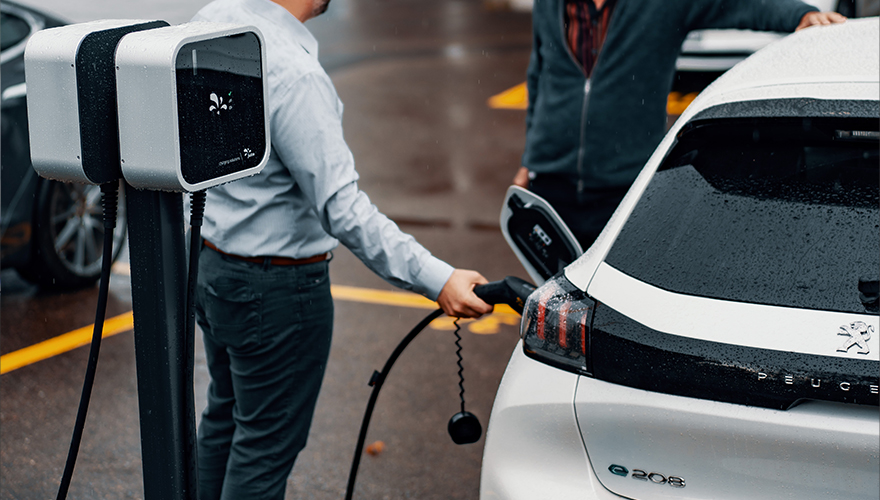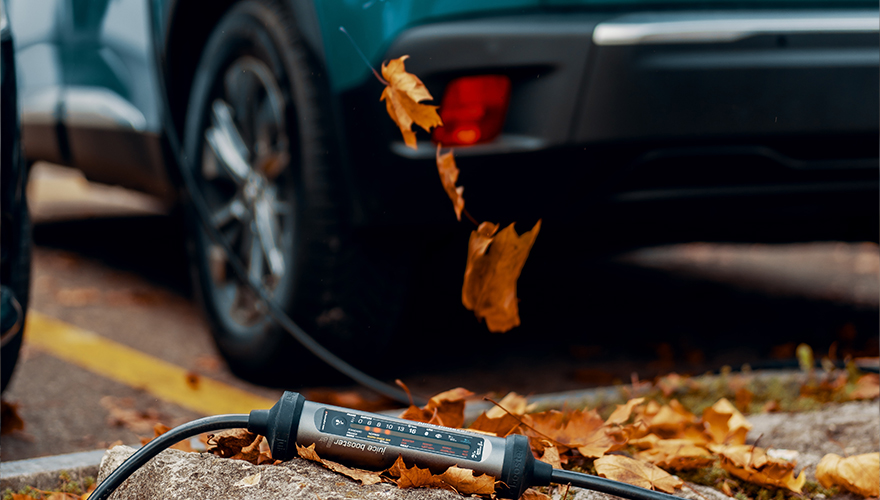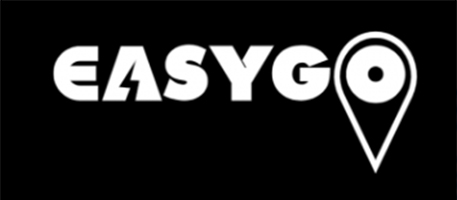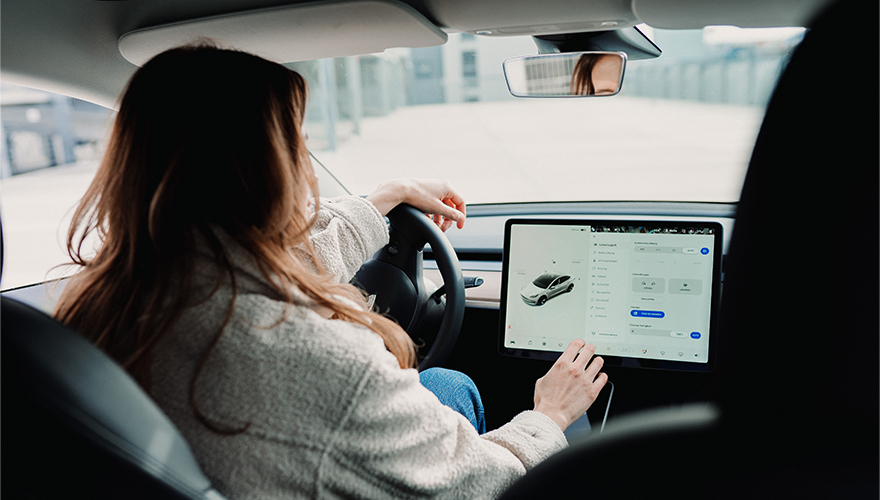
Ireland continues to welcome more electric vehicle drivers monthly. Sales of battery electric vehicles (BEVs) rose by just under 50% year to date in 2023 compared to 2022. Public charge points for EV vehicles are in constant use. There has been an improvement in the availability of public charging points, particularly in urban areas. This can mean plugs built into lamp posts, charging bollards that can rise from the pavement, and induction mats where you can park on to charge your car wirelessly. Public charges are provided range of suppliers. We take a look at what is available what the average cost is to the EV motorist. It might be surprising to learn that charging costs from county to county and from provider to provider. The cost of public charging of EV’s can vary even more than garage petrol and diesel pump prices.

Public charging points are generally CCS, or combined charging systems. This means they have the ability to charge at either a fast or slow rate. A CCS delivers up to 50 Kilowatts and can add up to 75 miles of rage per charging. Type 1 and type 2 connectors is the usual connector used for home charging. It charges slowly and is easier on battery life over time. If you do you use a Type 1 or Type 2 connector, it is likely to be cheaper.
There are several providers to the public charging network in Ireland serving around 1,900 public chargers at 800 sites. Rates for charging at public stations vary, with rapid chargers costing more.

The ESB (a Semi State company) operates over a thousand of these public charger points on the ecars network and customers have the option of paying a monthly fee with cheaper charging rates, or simply pay as you go at the charge point. They operate three types of charging stations. Standard AC (up to 22kWh), Fast Chargers (up to 50kW) and High Power (up to 150Kwh). These high-power charge hubs are typically located on motorways and national roads and can charge between two and eight vehicles simultaneously while providing up to 100 km of electric driving range in as little as six minutes. The ecars Network charges are currently 50.9cent per kWh for Standard charge point. 58.6 cent for the Fast Charger and 61.7cent per kWh if you are signed up to monthly fees of €4.79 per month. It is slightly more expensive for the pay as you go option, with the same charging systems costing 56.3 cent per standard, 64.7 cent for Fast charging points and 68.2cent for the High-powered option.

EasyGo were Ireland’s first private electric vehicle charging company or eMSP network (eMobility Services Provider). EasyGo are the usual charge points you see in your supermarket car park, or in forecourts. Currently, EasyGo has over 2,400 charge points in Ireland. They offer a monthly subscription rate or a pay as you go option. Pricing is a little trickier to work out as it varies from charger to charger, from point of charging, time of charging and sometimes EasyGo are managing units owned by others. The website is much clearer for signed up users. On site, once you plug in and the charger is selected, the pricing information is displayed before you begin using. On average it works out at a 27cent connection fee and a rate of 50c per kWh of use (including VAT), but prices cannot be exact because of the variables involved.

Ionity has only five sites with fourteen charge points in Ireland and these are all on the east coast motorways. Charging with Ionity is considerably more than other providers with 73cent per kWh as an average. However, they have charge points all over Europe and in the UK so could be useful if a driver is considering a road trip. The Ionity app is all you need to access networks in 24 European countries. They also offer vehicle marque specific options; this means motorists can sign up for a car brand ”eMobility Service Providers” (MSP) to avail of a discounted rate. Mercedes.Me.Charge or BMW ChargeNow or Volkswagen W can be accessed through the Ionity App. There is a monthly fee and then a cost at the charging point. These costs vary from car brand and provider.

Much has been written about the lack of fast EV chargers in Ireland and as we await the positive effects of the government’s commitment to providing more high-speed chargers, private eMSPs and the semi-private ESB ecars network are the only options. Home charging remains the cheapest way to keep your electric vehicle humming along happily and there is still the government’s SEAI grant program that can lower the cost of your charger installation by as much as €600. Compared with other European countries. On average, Irish EV drivers spend €4.87 per kWh. This compares most favourably with Denmark where it costs over €8.00 per kWh but pales a bit when we note that the Netherlands pays just 80cent per kWh to charge their electric vehicles.
If you would like more information on the running costs of Electric Vehicles, contact us here at Sandyford Motor Centre and our friendly staff will be happy to assist.
Whilst all reasonable care has been taken to ensure the accuracy of this website. Sandyford Motor Centre does not make any warranties or representations to the accuracy, completeness or reliability of the information within or accessible through this website. Nor does Sandyford Motor Centre necessarily endorse, sponsor or approve any material accessible from this website. Sandyford Motor Centre assumes no responsibility for any unauthorised alteration or modification of any of the data herein by any other party. Neither Sandyford Motor Centre or any third parties who may provide Sandyford Motor Centre with information of dissemination accept any liability of any nature wheresoever arising from either the content of or the use or exploitation by any party of this website or any of the data or information contained in the website or accessible from the website. Unless stated otherwise all data and information on this website is the copyright of Sandyford Motor Centre whose authority must be obtained for any reproduction or for the linking of this website to any other site.